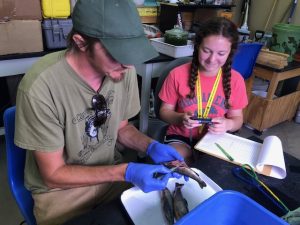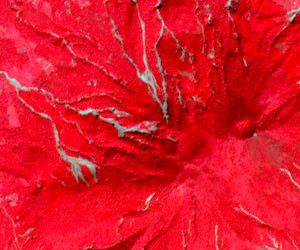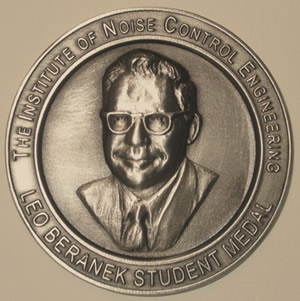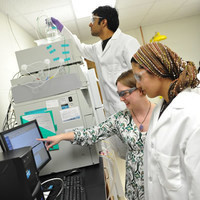 The Health Research Institute hosted its first Research Slam Student forum Nov. 8, 2019. The event was divided into three categories: Two-Minute Introduction, Three-Minute Thesis, and Eight-Minute Talks.
The Health Research Institute hosted its first Research Slam Student forum Nov. 8, 2019. The event was divided into three categories: Two-Minute Introduction, Three-Minute Thesis, and Eight-Minute Talks.
Presenters from the Three-Minute Thesis and Eight-Minute Talk categories were judged on comprehension, content, audience engagement and ability to communicate their work and findings clearly.
The winners are:
Three Minute Thesis
- 1st – Rashi Yadav, Biological Sciences
- 2nd – Dylan Turpeinen, Chemical Engineering
- 3rd – Ami Kling, Biomedical Engineering
Eight Minute Talk
- 1st – Ariana Tyo, Biomedical Engineering
- 2nd – Dhavan Sharma, Biomedical Engineering
- 3rd – Wenkai Jia, Biomedical Engineering
Congratulations to the winners and thank you to all of the presenters for sharing your research with the HRI community. We would also like to give special thanks to our faculty judges: Tatyana Karabencheva-Christova (Chem), Sangyoon Han (BioMed), Samantha Smith (CLS), Jingfeng Jiang (BioMed), Marina Tanasova (Chem), Rupak Rajachar (BioMed), Traci Yu (BioSci), and Shiyue Fang (Chem).

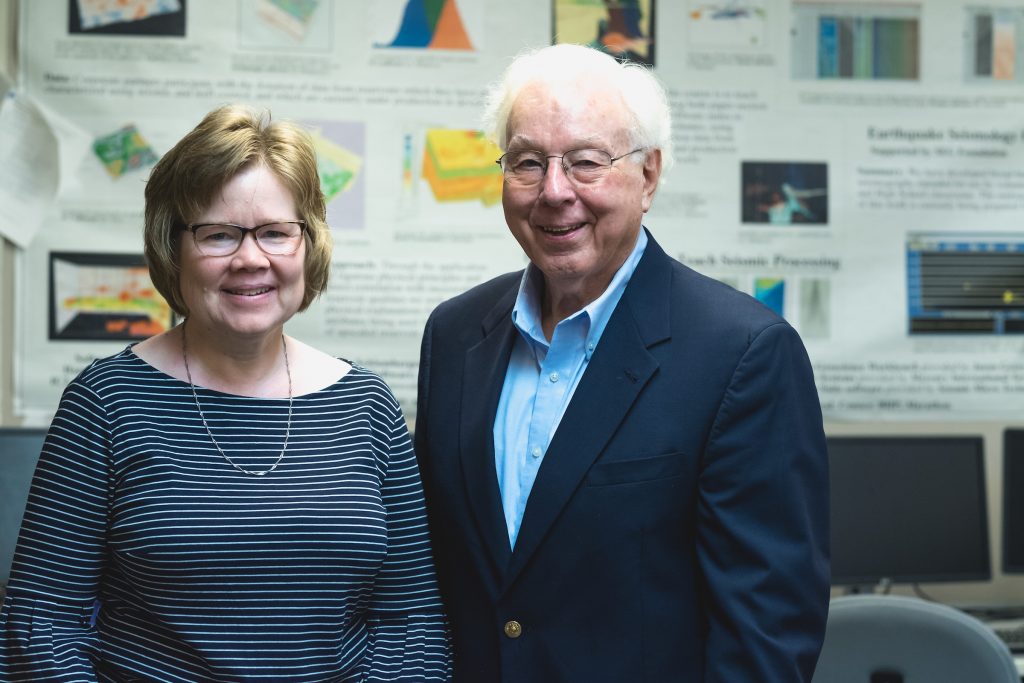
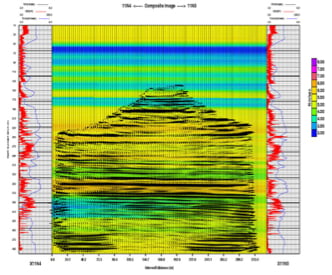
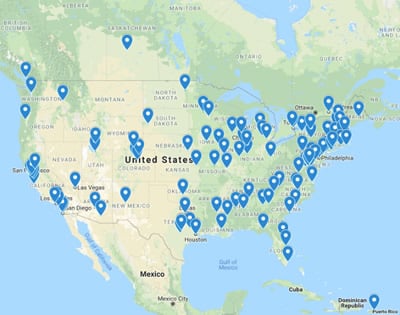
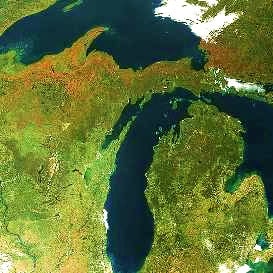
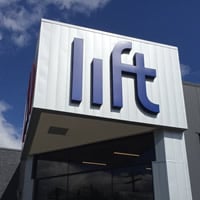
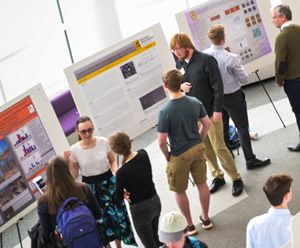 Are you interested in conducting research? Are you unsure how to locate a faculty member to work with? Join this interactive discussion featuring practical advice and tips for finding and approaching a faculty member for a research position.
Are you interested in conducting research? Are you unsure how to locate a faculty member to work with? Join this interactive discussion featuring practical advice and tips for finding and approaching a faculty member for a research position.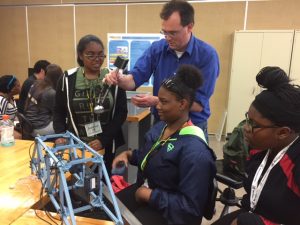 Eighteen high school students from Detroit and across the lower peninsula are spending six days at Michigan Tech from July 22-27, 2019, to explore Natural Resources and Engineering majors and consider attending Michigan Technological University. This is the 5th year that the program has been conducted.
Eighteen high school students from Detroit and across the lower peninsula are spending six days at Michigan Tech from July 22-27, 2019, to explore Natural Resources and Engineering majors and consider attending Michigan Technological University. This is the 5th year that the program has been conducted.